Pig industry in Poland heads deeper into crisis
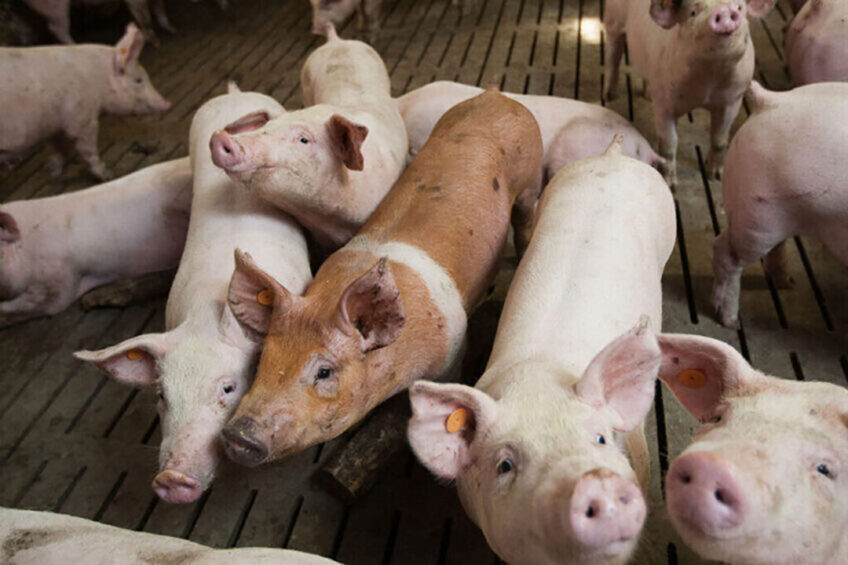
The coming months will be particularly challenging for the pig industry in Poland. Polish pig farmers are struggling to make ends meet, says Wiesław Różański, president of the Polish Union of meat industry producers and Employers.
Currently, the industry is not in the best shape, which is equally true for the breeding and processing segment, Różański said. He added that the pig population in the country plummeted to the lowest level in several decades and kept declining. The key issue hindering the industry’s development, he claimed, is a lack of stability.
ASF to blame
To a large extent, African swine fever (ASF) is to blame. ASF keeps raging not only in Europe but also in China, sending shockwaves through the global market. As a result, pig farms in Poland in the past few years were less profitable than before, while some see their marginality diving into a red zone.
Różański disclosed that 40,000 pig farmers in Poland curtailed operations last year, and this trend continued in 2023.
Farms keep closing
“On average, a dozen farms close their doors each day. This problem is especially alarming for small breeders,” Różański said. “The problems in the breeding segment have a direct impact on the meat processors and slaughterhouses, who find it difficult to source live pigs.”
The Polish market has therefore recently seen a hike in the prices of live pigs. Różański admitted that this is undoubtedly good for pig farmers, but in the long run, such price swings do more harm than good.
“The pig industry needs price stabilisation, which depends on the stabilisation of world markets. However, it is yet to be seen whether we can count on it because we see a drop in the number of pig farms in China and Europe. In addition, Denmark is taking steps to limit the export of piglets to European countries. This may also inflict pain on the breeding segment, especially in Poland,” Różański explained.
A lack of predictability
Speaking about the outlook for the next few months, Różański warned that it is going to be “difficult, full of challenges, and at the same time, there may be many threats that we are still unaware of today. Unfortunately, the war is not conducive to correct market assessment”.
 Beheer
Beheer

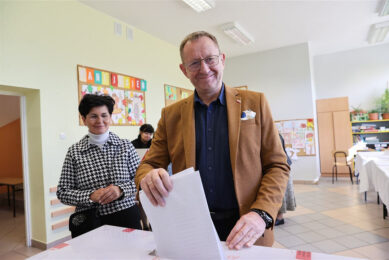
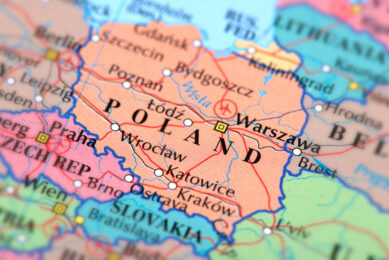
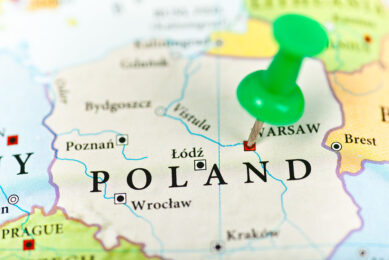
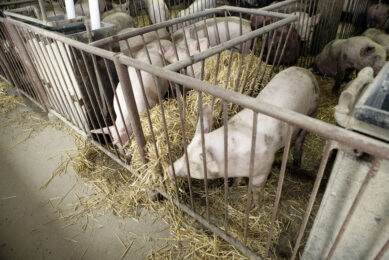



 WP Admin
WP Admin  Bewerk bericht
Bewerk bericht